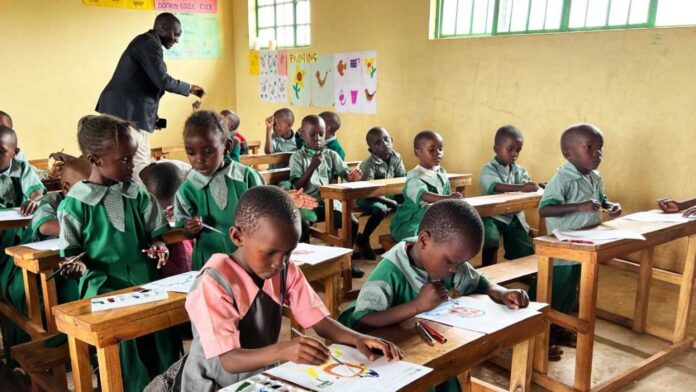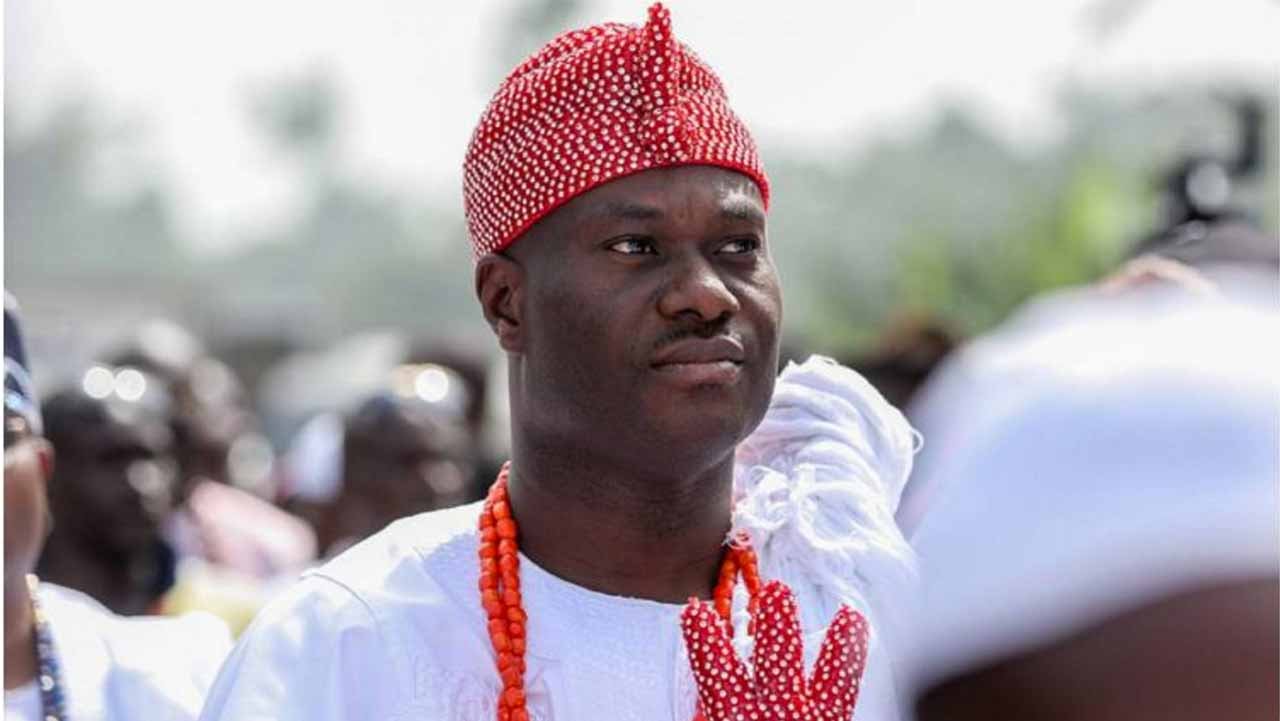‘72% Bauchi Schools Lack Access To Clean Water, Sanitation Facilities’
Seventy-two per cent of the schools in Bauchi State do not have access to basic Water, Sanitation, and Hygiene (WASH) facilities needed by students and teachers.
These were disclosed by the Chairman, Bauchi State Network of Civil Society Organisations, Jinjiri Garba, at a press conference organised to mark the 2023 World Toilet Day, which was held at the NUJ Secretariat on Friday.
He said that the press conference was in recognition of the progress of WaterAid and its partners towards achieving safer water communities, decent toilets, and motivating communities through hygiene behaviour change campaigns geared towards achieving an open defecation-free state and nation by 2025.
Garba, while quoting statistics from WASH National Outcome Routine Mapping, 2021, added that 97 per cent of public places across Bauchi State do not have basic WASH facilities for the general public’s use.
He said that it was sad that Nigeria remains distant from achieving the SDG 6 goal of ensuring universal access to basic lifesaving services, pointing out that 60 million Nigerians lack access to basic water supplies.
“Sadly, 21 per cent of the Bauchi State population still practices open defecation, 72 per cent of the total number of schools, 93 per cent of the total number of healthcare facilities, and 97 per cent of public places do not have access to WASH facilities.
“Despite evidence of the effectiveness of good hygiene practice as the first line of defence in the prevention of infectious diseases, about 60 million people in Nigeria lack access to basic water supply, 167 million people lack basic hand washing facilities, and 48 million still practice open defecation.
“Globally, 70,000 children under 5 die every year from diseases caused by a lack of clean water, decent toilets, and good hygiene services.
“These statistics remain alarming as Nigeria remains distant from achieving the SDG 6 goal of ensuring universal access to basic lifesaving services,” he said.
According to him, the overall goal of WaterAid Nigeria, in partnership with the Women Development Association for Self-Sustenance and the Bauchi State Government, is to influence, deliver, and scale up WASH solutions that are sustainable, climate-resilient, and gender-responsive.
Also, these solutions must address key cross-cutting elements of other development goals, including health, education, poverty, economic growth, and nutrition.
He said, “By 2028, our ambition is to reach 10 million people directly through our interventions with basic WASH services and behaviours. Working collaboratively with the government of Nigeria and other key partners in development, media, academia, the private sector, and the civil society space, we further seek to improve basic WASH access for 17 million more people.
“Water Aid is implementing Armani Beauty and L’Oreal Luxe Germany towards providing the Water and Hygiene Promotion Project (WAHPP) in Bauchi State.
“The project is designed to provide clean water and implement hygiene promotion activities in Bauchi State, specifically targeting at least 30 water-scarce communities in the state with limited access to clean water and poor hygiene practices.
“The project will provide access to safe water and hygiene education to 15,000 beneficiaries in 10 target communities within Bauchi State.
“In commemoration of World Toilet Day 2023, WaterAid, in partnership with the Women Development Association (WODASS), is investing in the advocacy component of the Amami project to advocate to Bauchi stakeholders on the need to prioritise the provision of safe water, improving hygiene, and ending sanitation crises, especially the use and construction of decent toilets to improve the livelihood of the citizens of Bauchi State, which has an impact on health, education, and other multi-sectors of value in the state.”
He said that the project is in the process of providing water facilities in 15 communities in Tafawa Balewa in the first phase; another 15 will be drilled in the second phase of the project, while the target for 2024 is to ensure that critical communities without access are reached.
The process, according to him, also includes the triggering of communities through community-led total sanitation, hygiene behaviour change, the formation of WASHrooms, and the training of volunteer hygiene promoters to contribute to Bauchi State’s efforts towards attaining open defecation status by 2025.
“On World Toilet Day, we encourage everyone to choose sanitation-related actions to speed up progress on this part of SDG 6. Break taboos by talking about the critical connection between toilet water and menstruation,” he added.





